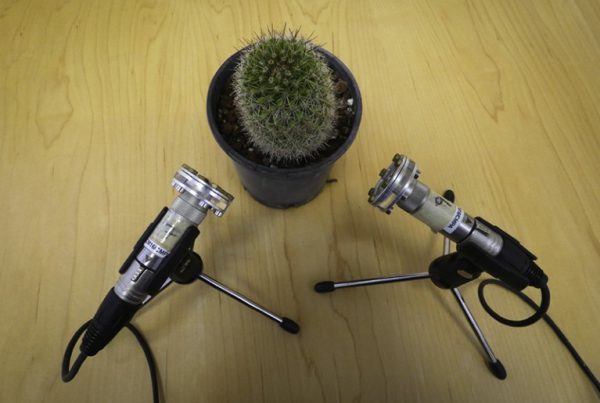Although research has shown bias can creep into algorithms, humans are also found to be biased when it comes to artificial intelligence (AI). The negativity some humans feel may even be limiting the potential of AI-driven recommendations, according to a university study.
Relying on data from over 3,000 study participants, researchers from Boston University and University of Virginia explored the “word-of-machine effect” or what the authors assert is the false belief that AI systems are more competent than humans in dispensing advice when functional and practical qualities (utilitarian) are desired and less competent when the desired qualities are experiential and sensory-based (hedonic).
“The fact of the matter is humans are not necessarily less competent than AI at assessing and evaluating utilitarian attributes,” the authors wrote in the Harvard Business Review. “Vice versa, AI is not necessarily less competent than humans at assessing and evaluating hedonic attributes. Indeed, AI selects flower arrangements for 1-800-Flowers and creates new flavors for food companies such as McCormick.”
Among their findings:
- Utilitarian vs. hedonic: From a marketing perspective, due to common consumer biases, playing up AI over human assistance tends to be more effective for selling products in which utilitarian/functional features are more important. Emphasizing human over AI assistance was more beneficial for products in which hedonic/experiential features are more important.
- Unique vs. common: One study indicated that when consumers wanted recommendations matched to their unique preferences, human recommenders were preferred over AI regardless of hedonic or utilitarian preferences. The results suggest customers known to be satisfied with “one size fits all” recommendations (i.e., not in need of a high level of customization) would be open to relying on AI-systems.
- AI-human hybrid: Companies selling products that promise more sensorial experiences (e.g., fragrances, food, wine) were found to embrace AI’s recommendations as long as AI works in partnership with humans. Researchers wrote in a press release, “When AI plays an assistive role, ‘augmenting’ human intelligence rather than replacing it, the AI-human hybrid recommender performs as well as a human-only assistant.”
- Removing bias: Pointing out the “incorrect lay belief” about the competence of AI versus humans in providing advice resulted in more favorable perceptions of AI recommendations.
DISCUSSION QUESTIONS: Does it make sense that consumers would be biased about AI-based recommendations? Should marketers be playing up AI-based recommendations for some products and hiding them in others or seek to reduce biases?
Source: Are humans biased against AI-driven recommendations? – RetailWire













